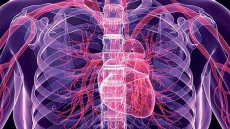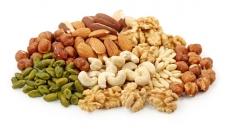Treating hemophilia, a rare bleeding disorder in which the blood does not clot normally, could be a lot cheaper and much safer as researchers have developed a way to use plant cells to treat it.
"This is a major step forward," said study co-author Roland Herzog, College of Medicine, from the University of Florida in the US.
Patients with hemophilia bleed for a longer time than others after an injury as they lack the necessary proteins, which help in clotting, in their blood to stem the flow from a wound.
People with severe hemophilia typically receive regular injections of these proteins, called clotting factors, as a treatment for the disease.
But up to 30 percent of people afflicted with the most common form, hemophilia A, develop antibodies (inhibitors) that attack these lifesaving proteins, making it difficult to prevent or treat excessive bleeding.
"Our technique, which uses plant-based capsules, has the potential to be a cost-effective and safe alternative," said co-author Henry Daniell from the University of Pennsylvania School of Dental Medicine in the US.
The researchers had developed a platform for delivering drugs and bio-therapeutics using genetically modified plants to express proteins.
Using a combination of factor VIII DNA and another substance that can safely cross the intestinal walls and enter the bloodstream, the researchers fused the genes into tobacco plants.
The team fed the resulting plant solution to mice with hemophilia.
The mice fed the experimental plant material formed fewer inhibitors - on average, seven times fewer.
For human use, the goal would be to use lettuce plants instead of tobacco plants, the researchers said.
The study appeared in the journal Blood.




